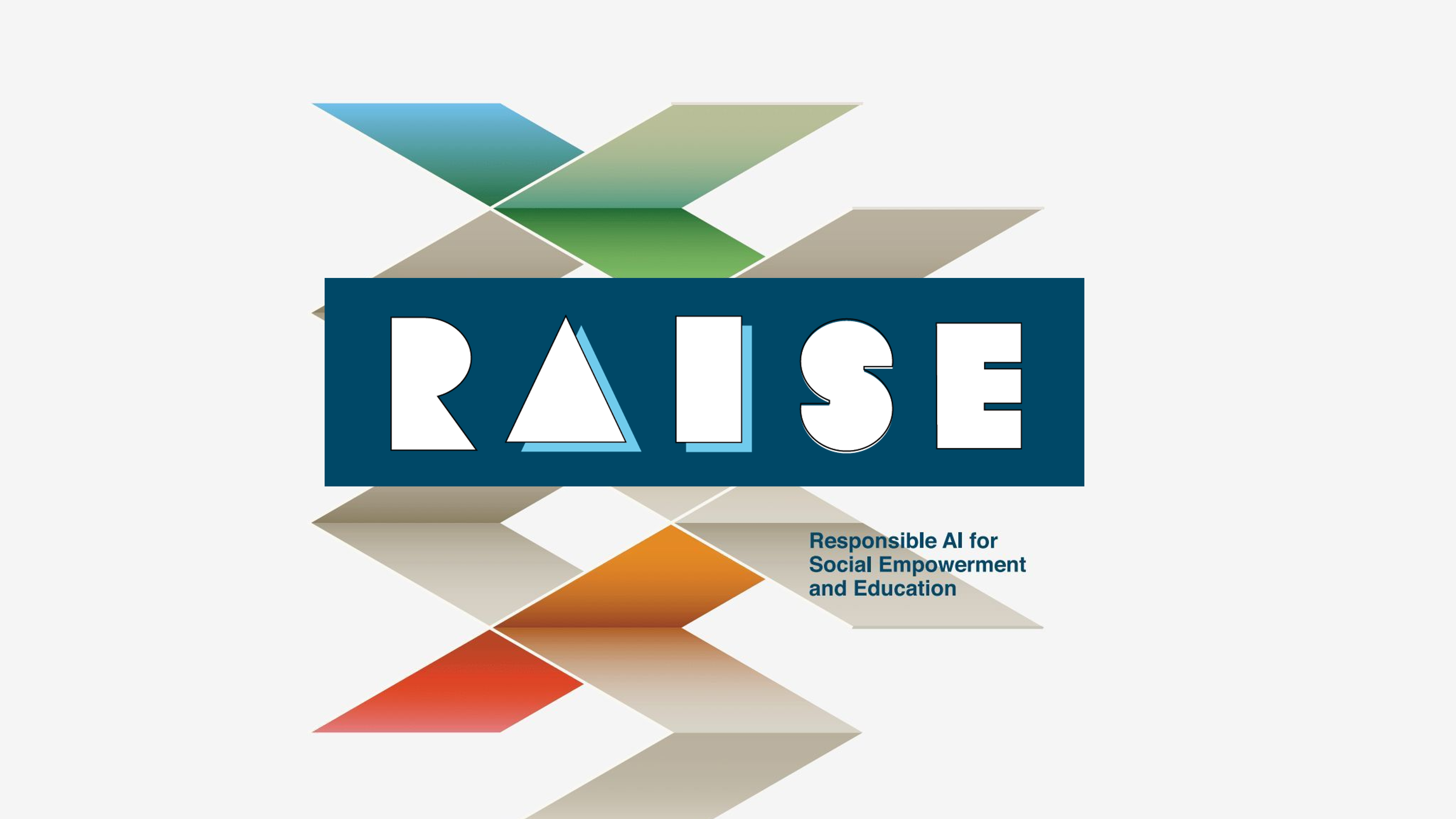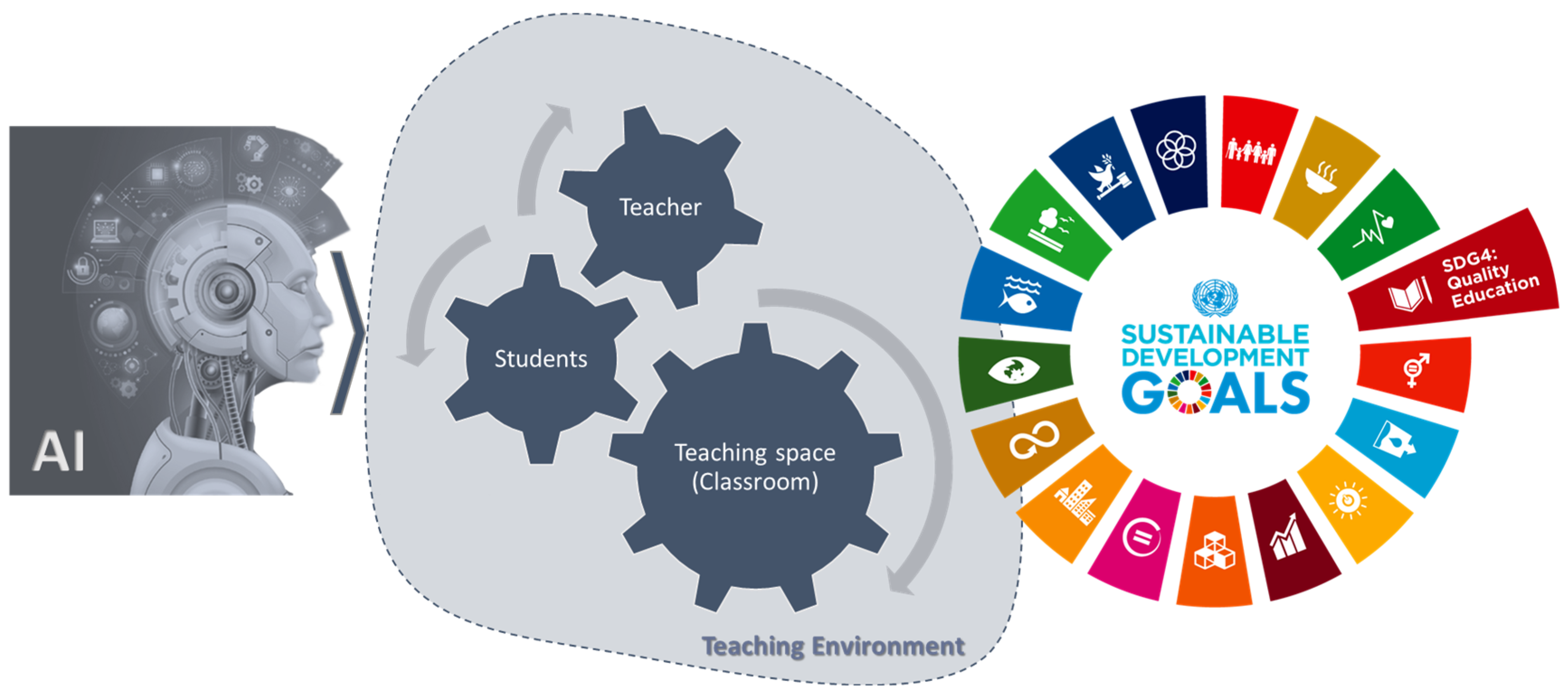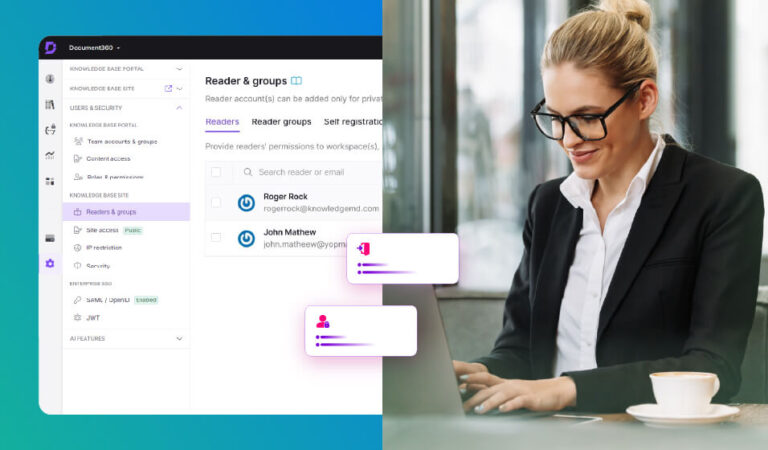Ai Tools for Special Education Teachers: Empower Learning!
AI tools for special education teachers, such as speech-to-text software and interactive learning apps, provide tailored support for diverse learners. Tools like Proloquo2Go and Ghotit assist with communication and writing challenges, respectively.
Special education teachers constantly seek innovative methods to enhance learning for their students. With the rise of technology in classrooms, artificial intelligence (AI) has become a valuable ally. These tools empower educators to deliver personalized education experiences, catering to individual needs and learning styles.
They transform classrooms into inclusive spaces where students with disabilities can thrive. From augmentative communication apps to predictive text software, AI enables students to overcome barriers in learning and communication. As educational technology advances, the impact of AI tools in special education settings is becoming more profound, offering strategies for engagement and accessibility that were previously unattainable.

Credit: raise.mit.edu
The Evolution Of Special Education
The field of special education has evolved remarkably. What was once a system of segregated classrooms and limited resources has transformed. New technologies now empower teachers and learners alike in inclusive environments.
From Past Practices To Tech Integration
The journey in special education is marked by constant change. Once, students with different learning needs faced rigid teaching methods. But change came.
Teachers now use technology to tailor lessons. Each student’s unique needs are met. Tech tools make what seemed impossible now possible.
Milestone Technologies In Special Education
Inclusive classrooms have been shaped by tech milestones. Consider the impact of tech:
- Assistive technology devices started the evolution.
- Then, communication devices broke barriers.
- Adaptive software brought personalized learning.
- AI tools now usher in an era of promise.
Tech tools help teachers reach every student. Special education is more effective with AI.
Assessment Meets Artificial Intelligence
Special education teachers are discovering revolutionary ways to assess students.
Artificial Intelligence (AI) tools transform assessments into inclusive, adaptable experiences. Now, AI provides precision and personalization. This reduces the struggle for those with unique learning needs.
Ai-driven Evaluations: Precision & Personalization
Teachers now use AI to create tailored tests. AI quickly adjusts questions to suit each learner’s pace and style.
- Students face relevant challenges.
- AI captures their real abilities in assessments.
- No two tests are the same.
With AI, students get equal chances to succeed. Immediate feedback supports continuous learning.
Monitoring Progress With Smart Data Analytics
Data analytics provide a window into students’ growth using AI.
This technlogy turns test results into actionable insights.
| Data Point | Insight |
|---|---|
| Answer Times | Student’s pace |
| Question Difficulty | Adapting future tests |
| Correct Answers | Knowledge Strengths |
Teachers see which areas need more focus. Students receive help where they need it most.
Customized Learning Experiences
Every student is unique, with their own needs and ways of learning. Special education teachers understand this well. They often look for tools that offer personalized education. These tools can change how lessons are given to fit each student’s learning style. This means that every child can learn at their own pace. They can use their own strengths. And they can get better at things they find hard.
Adaptive Learning Software For Diverse Needs
Adaptive learning software creates a personal learning journey. It can tell where a student needs more help. It can also find where they are doing well. This helps teachers plan lessons that work best for each student.
- Tracks progress
- Sets goals matched to student’s level
- Offers hints and help when students struggle
These tools ensure no student is left behind. They bring out each child’s best work.
Interactive And Sensory-enhanced Tools
Interactive tools make lessons fun and engaging. They use games, videos, and activities. Students can touch, see, and hear as they learn. This is great for children who learn differently.
Sensory-enhanced tools help students with sensory needs. They use colors, sounds, and textures. These can help students focus. They can also calm those who get overwhelmed easily.
- Turn lessons into games
- Use bright colors and sounds for learning
- Help students work on their focus
With these tools, learning is not just sitting and listening. Students can experience lessons in new ways.

Credit: www.amazon.com
Communication Breakthroughs With Ai
Artificial Intelligence (AI) is changing lives, especially in special education. Students with unique communication needs find new voices with AI. Tools designed for special education are no longer silent. They speak, they interact, and they understand. Educators and students alike witness a new era of communication.
Voice-assisted Technology For Nonverbal Communication
Voice-assisted technology brings a powerful solution for students who cannot speak. It converts pictures and symbols into clear, spoken words. Imagine a child expressing themselves freely without needing to utter a word.
- Students tap pictures or symbols.
- The device speaks.
- Voices can be customized.
This technology gives students a chance to be heard. Their thoughts and needs no longer stay silent. They join conversations easily with their peers.
Real-time Translation And Subtitling Services
Real-time translation and subtitling break language barriers. They work like magic for non-English speakers. AI translates teachers’ words instantly.
| Feature | Benefit |
|---|---|
| Instant translation | Makes learning accessible to all students |
| Subtitles | Students read what teachers say |
With these tools, learning becomes inclusive. Every student understands and participates. Multilingual classrooms thrive with shared understanding.
Training And Collaboration
Training and Collaboration play a pivotal role in harnessing the power of AI for Special Education Teachers. From upskilling educators to fostering stronger partnerships with parents, AI tools bring a transformative approach to professional development and cooperative work. These innovations help tailor the learning experience to meet diverse needs, offering a future where every child gets the attention they deserve.
Ai For Professional Development In Special Ed
Continuous learning is crucial for educators, especially in the dynamic field of special education. AI-driven platforms offer a plethora of opportunities for teachers to refine their skills. Interactive programs adjust to each teacher’s learning pace, making professional growth personalized and effective.
- AI customizes training modules for varied learning styles.
- Interactive simulations provide real-life scenarios for practice.
- Data-driven insights highlight areas for improvement.
These tools not only enhance teachers’ abilities but also ensure students benefit directly from refined teaching methods.
Connecting With Parents And Specialists Through Ai Platforms
Building bridges between home and school is key for students with special needs. AI platforms empower this connection, facilitating seamless communication between teachers, parents, and specialists. These collaborative tools keep all parties informed and engaged in the child’s learning journey.
- AI chatbots send updates and answer parent queries.
- Virtual meeting spaces allow easy scheduling of conferences.
- Shared digital portfolios track student progress.
With these platforms, the entire team works in unison to support each student, driving better educational outcomes.

Credit: www.edweek.org
Looking Ahead: The Future Of Ai In Special Education
The future of AI in Special Education shines bright with possibilities. Advanced technologies support diverse learning needs. They promise personalized teaching. This creates new opportunities for students with disabilities.
Emerging Ai Trends For Special Ed
- Adaptive Learning Systems: These systems adjust to each student’s pace. They help teachers understand how a student learns best.
- Speech-to-Text Capabilities: This feature aids students who struggle with writing. They can speak, and the AI will write for them.
- Emotion Recognition: AI can now detect frustration or boredom. It can suggest breaks or new activities.
- Assistive Robots: These robots can teach social skills. They provide practice in a safe environment.
Ethical Considerations And Inclusivity
Using AI in schools comes with big responsibilities. It must be fair and secure. Here’s what to consider:
| Consideration | Details |
|---|---|
| Data Privacy: | AI uses student data. This data must be protected well. |
| Accessibility: | All students should access AI. No one should be left out. |
| Bias Reduction: | AI must be unbiased. It should support all students equally. |
| User Training: | Teachers must learn about AI. They can guide students safely. |
Frequently Asked Questions Of Ai Tools For Special Education Teachers
What Is Ai For Special Needs Education?
AI for special needs education refers to artificial intelligence applications designed to support and enhance learning for students with disabilities. These tools can personalize instruction and provide accessible resources tailored to individual learning requirements.
What Is The Best Ai For Teachers?
The best AI tool for teachers varies based on needs, but platforms like Google Classroom and IBM Watson offer robust educational support.
How Can Ai Be Used As A Teaching Tool?
AI can personalize learning through adaptive techniques and curricula. It enables automated grading, giving teachers more instructional time. AI also supports students with chatbots for queries and interactive learning tools for engagement.
Is Chatgpt Free For Teachers?
ChatGPT is free for individual teachers, offering educational support through its conversational interface. Schools may explore custom plans through OpenAI’s pricing options.
Conclusion
Embracing AI tools can revolutionize how special education teachers impart knowledge. With the right technology, barriers become stepping stones to potential. Let’s empower educators with these innovations for a future where every student flourishes. Join us in championing this pivotal educational transformation.







![Kua.Ai Appsumo Lifetime Deal [$49] - Run Your Store on Autopilot](https://aivariance.com/wp-content/uploads/2024/02/kuaai-appsumo-lifetime-deal-49-run-your-store-on-autopilot-768x512.png)